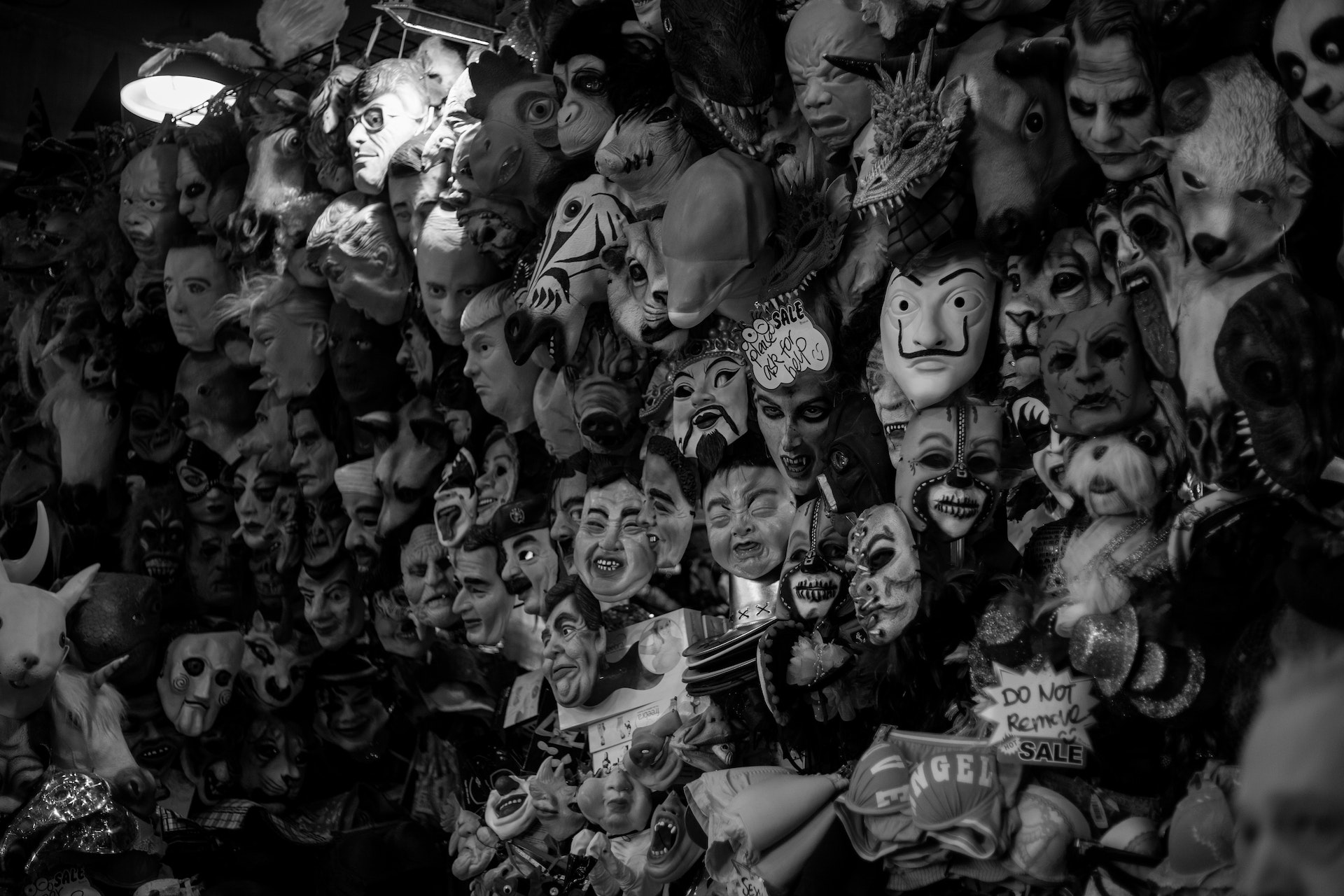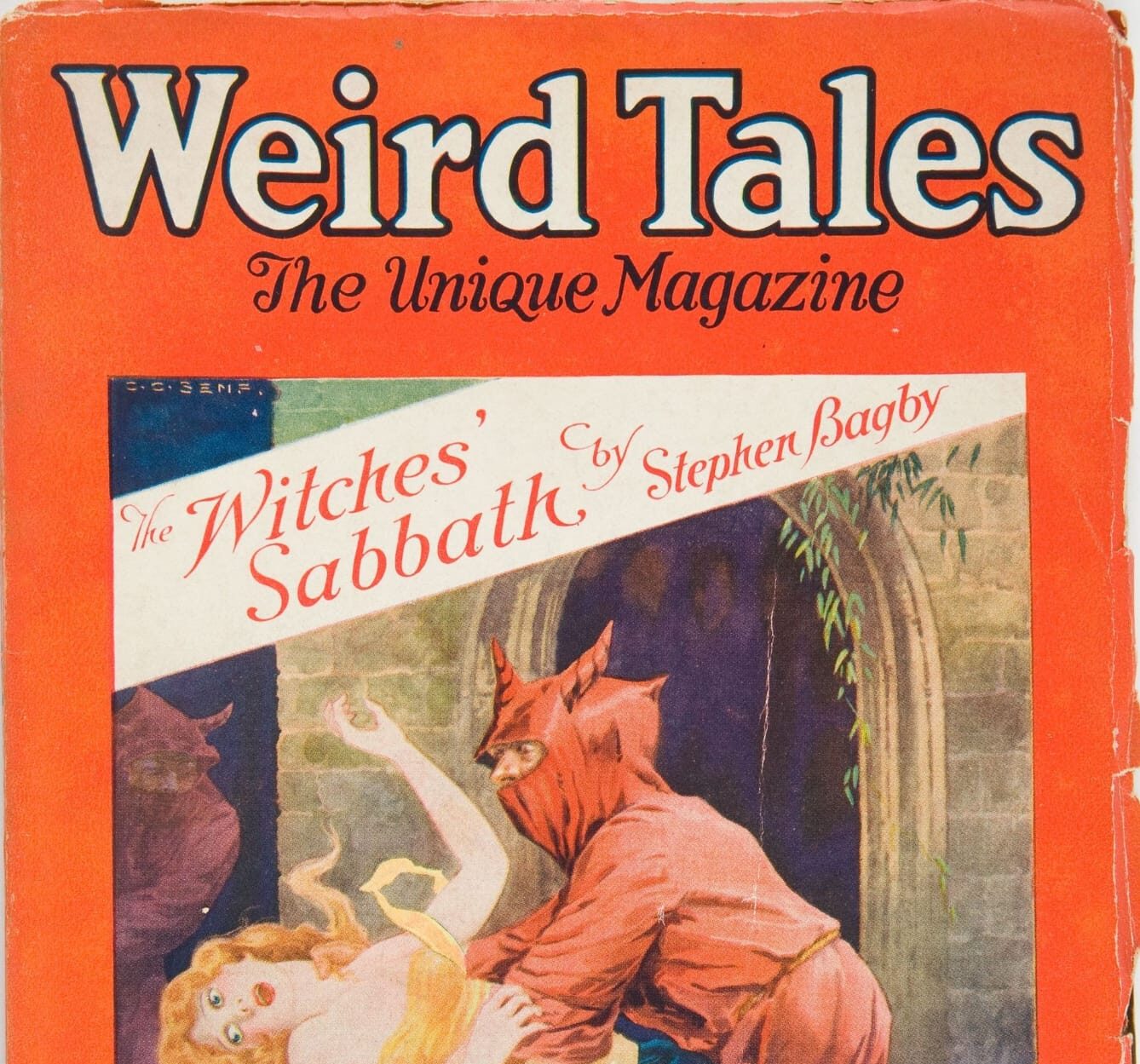
A recent study of people who reported hearing voices in California, Accra and Chennai found that:
In a California sample, people were more likely to describe their voices as intrusive unreal thoughts; in the South Indian sample, they were more likely to describe them as providing useful guidance; and in our West African sample, they were more likely to describe them as morally good and causally powerful.1
We don’t know the truth about voices that we hear. What we do know is that living in the modern industrial world, in which there are believed to be no spirits to talk to us, doesn’t help us not to hear the voices. But it makes them scarier.
It could be argued that the Californians were free of supersititions about spirits or ancestors, and since everyone in the study was clearly psychotic, also more likely to receive the appropriate medication. This would be the Western medical viewpoint; yet to privilege this is also to ignore the positive benefits of their beliefs for voice-hearers in Accra or Chennai. In San Mateo, for example, 14 of the 20 subjects found their voices to be violent, suggesting harm to self or others, as against 2 of 20 in Accra and 4 of 20 in Chennai. The Ghanaians understood the psychiatric implications of hearing voices, and yet also understood them to have a spiritual meaning, and thus rejected the diagnosis of schizophrenia, which was almost universally accepted by the Californians. This suggests that ‘our’ conventional framing of things is not the supposed liberation from superstition, but an unhelpful narrowing of possible interpretations. It’s possible to believe in psychiatry and in spirits.
Furthermore, the Western subjects in the study were, on average, more likely to be religious (18 of 20) than those in Ghana, but less likely than in India where everyone had religious beliefs. It may be that we in the West are not any less religious, but that our beliefs are simply different: Victoria Nelson traces the history of Western religious beliefs, and discovers that it is only in the last couple of centuries that spirits were assumed to be Satanic. From this perspective, the ‘scientific’ rejection of superstitions can be seen as an aspect of the Christian rejection of them. Having already banished all the spirits to the margins through our religion, it was easy to do so even more thoroughly in the name of science.
If spirits are real, then our beliefs about them wouldn’t make them any less real. Instead, it would render us less able to understand the reality we are actually living in. It would also, given the religious context that we have, tend to make us more fearful of demonic or Satanic presences. This seems to fit the evidence of an epidemic of Western mental illness. As Carl Jung wrote,
… we imagine we have left such phantoms of gods far behind. But what we have outgrown are only the word – ghosts, not the psychic facts which were responsible for the birth of the gods. We are still as possessed by our autonomous psychic contents as if they were gods. Today they are called phobias, compulsions, and so forth, or in a word, neurotic symptoms. The gods have become diseases; Zeus no longer rules Olympus, but the solar plexus, and creates specimens for the physician’s consulting room, or disturbs the brain of the politicians and journalists who then unwittingly unleash mental epidemics.
Carl Jung ‘The Secret of the Golden Flower’
From an amodern (non-modern) perspective, what we call mental illness may in fact be something entirely different. Here, we have the testimony of Patrice Malidoma Somé, a member of the Dagara people of West Africa. Interviewed by Stephanie Marohn, he says that
mental illness signals “the birth of a healer,” … Thus, mental disorders are spiritual emergencies, spiritual crises, and need to be regarded as such to aid the healer in being born. What those in the West view as mental illness, the Dagara people regard as “good news from the other world.” The person going through the crisis has been chosen as a medium for a message to the community that needs to be communicated from the spirit realm. “Mental disorder, behavioral disorder of all kinds, signal the fact that two obviously incompatible energies have merged into the same field,” says Dr. Somé. These disturbances result when the person does not get assistance in dealing with the presence of the energy from the spirit realm.
Stephanie Marohn with Patrice Malidoma Somé, ‘The Natural Medicine Guide to Schizophrenia’2
If a healer is someone who is born from a spiritual emergency like what we call schizophrenia, then perhaps our categories of health and sickness are completely wrong.
1 Luhrmann TM, Padmavati R, Tharoor H, Osei A. Hearing Voices in Different Cultures: A Social Kindling Hypothesis. Top Cogn Sci. 2015 Oct;7(4):646-63. doi: 10.1111/tops.12158. Epub 2015 Sep 8. PMID: 26349837.
2 See https://www.jaysongaddis.com/the-shamanic-view-of-mental-illness/
Copyright © 2022 My Sunset by Bogdan Bendziukov.




